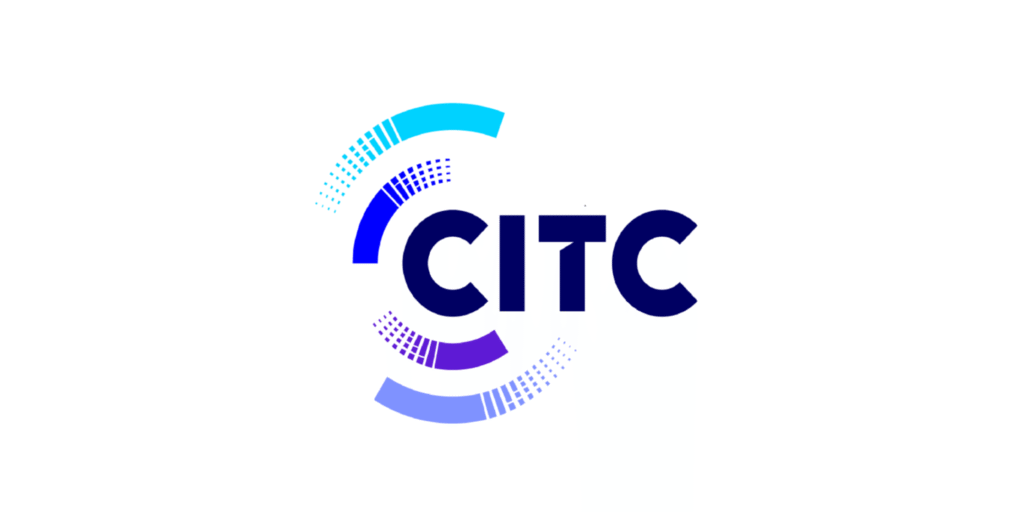

On 12 October 2022, the Saudi Communications and Information Technology Commission (CITC) published a whitepaper addressing the role of blockchain technology as a regulatory tool. In doing so, CITC is (i) highlighting the motivations for adopting blockchain as a regulatory tool, and (ii) emphasising the common challenges that regulators should consider. The whitepaper argues that blockchain is likely to shape future regulatory processes in the upcoming years given its inherent decentralisation and transparency.
An Introduction to Blockchain
Blockchain technology has attracted broad interest over the last few years but remains an obscure and elusive concept for consumers and policymakers alike. It is a type of Distributed Ledger Technology (DLT) that consists of a decentralised network of immutable databases shared among those within the network, where no single participant has independent or exclusive control over data. It can be characterised as a ledger constructed by a chain of cryptographically linked blocks.
Main Drivers for Adopting Blockchain as a Regulatory Tool
According to CITC’s whitepaper, the adoption of blockchain and DLT is likely to reshape the regulatory process. The technology has the potential to transform many business processes, making the data used in those processes more transparent, available, immediate, and secure. It could also significantly reduce costs, delays, and error handling. According to the whitepaper, the adoption of blockchain as a regulatory tool can improve various processes, such as:
- Improving governance in terms of authentication, timestamps, and validation.
- Managing costs in terms of how blockchain documents and reports transactions via smart contracts and assists in automated and real-time monitoring and enforcement, thereby reducing the traditional cost of regulatory administration.
- Enhancing business continuity through decentralised networks, especially in the case of private DLT, where the blockchain also provides trusted data interaction and secure access control.
- Boosting investor confidence by utilising blockchain to increase efficiency, effectiveness, and trust among every participant in the ecosystem in which the regulations are applied. This includes the investors whose confidence will be boosted due to the transparency and traceability of all transactions in the network.
Potential Applications
The whitepaper suggests that regulators in different sectors should consider applying blockchain as a regulatory tool to provide shared, distributed, secure, and immutable records of every transaction. This can be done by translating regulations into executable smart contracts for regulated entities to record any performed operation into the distributed ledger. Accordingly, these records would be recognised legally by being cryptographically documented, digitally signed, and automatically timestamped. It further suggests the following use cases for different sectors:
· Telecommunication: Roaming, Fraud Detection, and Spam Control
· Media: Copyright Protection
· Construction: Compliance Monitoring
· Electronic Tickets: Fraud Detection
· Food Industry: Supply Chain Governance
· Sport: Anti-Doping Regulation
· Taxes: Compliance Monitoring
In conclusion, the whitepaper signals CITC’s desire to leverage blockchain technology to fulfil its mandate as Saudi Arabia’s main digital regulator. Furthermore, it suggests how CITC intends to improve the overall regulatory and supervisory performance, as well as the efficiency and effectiveness, of compliance aspects.
If you are interested in learning more about CITC’s whitepaper, Saudi Arabia’s regulatory landscape, or require support in engaging the regulator, please contact Rati Kvantaliani at [email protected] or Anja Engen at [email protected].
